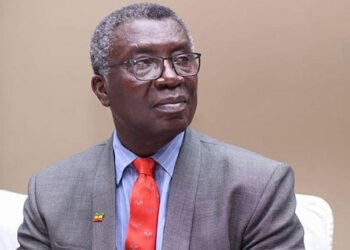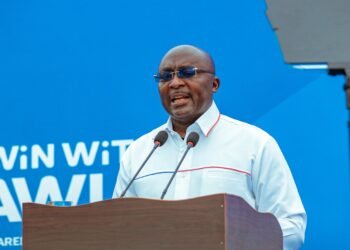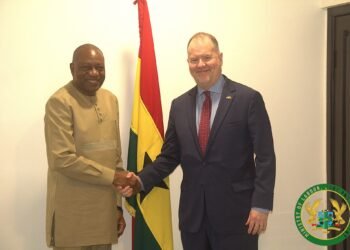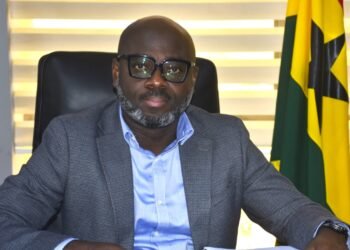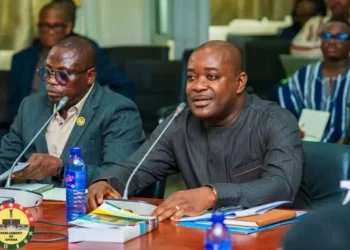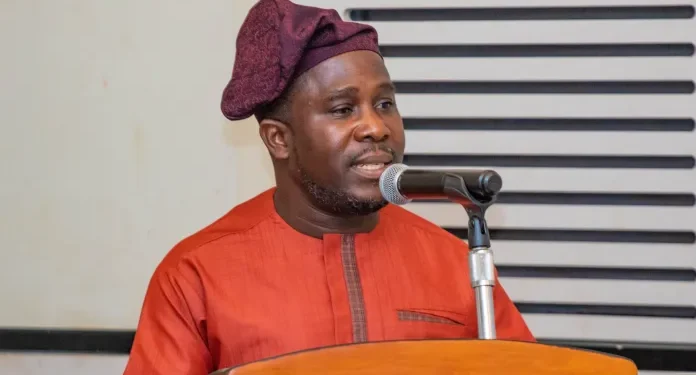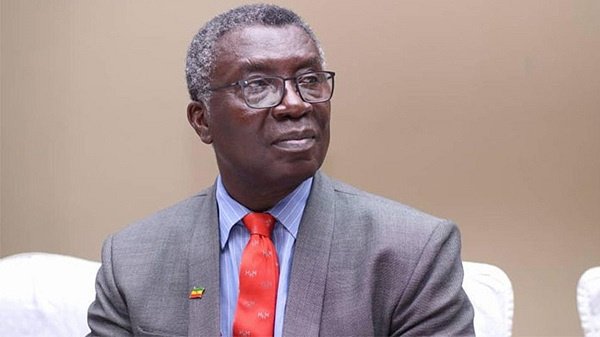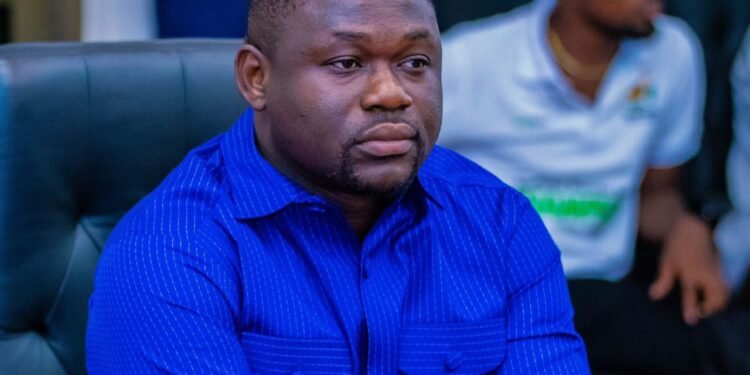Despite recent gains, the African continent is besotted with several complex and multifaceted challenges. To mitigate the impact of these issues, the Accra Reflection Forum was Birthed and backed by the African Union (AU). This year’s gathering identified these multifaceted problems and the need to respond appropriately to assuage the concerns of citizens and find a lasting solution to the festering situation. AU’s commissioner for Political Affairs, Peace, and Security, Ambassador Bankole Adeoye captured the problems in his remark.
“The African Union is a transformation vehicle. Through ‘Agenda 2063’ over the past 10 years the African Union has continued through our leaders to champion democracy, constitutionalism, the rule of law as well as sustainable development because the challenges remain, the multiplicity of challenges starting with terrorism, violent extremism, transnational organized crime and of course poverty.”
Ambassador Bankole Adeoye
The résumé of problems affecting the continent is both historic and immediate. Moreover, the factors impeding efforts aimed at addressing the challenges are themselves vast and complex like the problems that need to be resolved. In broad terms, these problems can be categorized into three, namely, Social, Economic, Political, and security. Put in proper context, since independence, many countries on the continent have struggled to create a peaceful environment where individuals can live in peace and harmony.
Socio-cultural encumbrance.
These countries are faced with conflicts premised on issues such as identity, ethnicity, and religion. Burst into the open, competition over power and resources toxifies the situation and leads to conflict. In this regard, the 1994 Rwandan genocide is a sad but glaring example of such social discord and the grotesque havoc it can occasion if left unchecked.
In a similar vein, the lingering issue of Biafran secessionism and its growing violence and militancy is another clear illustration of such a challenge on the continent. Apart from the violence, there is a growing call for an Igbo president among the Igbo ethnic groups of the Eastern part of Nigeria who feel marginalized. They are worried that ever since their kin Nnamdi Azikiwe served as a ceremonial President and Head of state in the first republic, none of their kith and kin have occupied the coveted office.
It is noteworthy to add that, in a brief and inglorious reign, another Igbo, General Aguiyi Ironsi led the country for six months in the wake of the 1966 coup that truncated the first Republic. He was killed in the “Northern Coup” because of his inability to bring the initial coup plotters to book for the murder of the Prime Minister and other northern political elites.
Economic Woes
The economy of many African countries is strained and distressed, consequently, unemployment and poverty remain high. In Ghana, according to the statistical service, unemployment stands at 14.7 % in the first three quarters of 2023, of which the number of unemployed youths between 15-35 years age bracket is 1.3 million people. This is a rise from 1.2 million over the same period last year. The government has blamed COVID-19 and the Russian-Ukraine conflict as the immediate reasons.
While this holds some truth, it doesn’t paint the entire picture. Meanwhile, the opposition has disputed this claim and accused the government of corruption and mismanagement. Graft and corruption are major bane of many African economies. Ghana’s regional neighbour and ally, Nigeria is experiencing dollar shortages and skyrocketing cost of living crisis for the country. With the hardship biting hard, protests are becoming rampant thus unsettling the government.
Successively, African countries have fared poorly on Transparency International’s Corruption Perception Index (CPI). Ghana ranked 43 in Africa and 80th globally, On the other hand, Nigeria ranked 145 globally out of 180 countries.
Political and Security
The adverse result of these socio-economic challenges for many African countries is cumulative insecurity and political instability. West and Central Africa witnessed the rise of coup d’états. For example, Gabon and Chad are under military regimes.
Furthermore, West Africa is experienced Military coups in Mali, Burkina Faso, and Niger. It also saw a “constitutional coup” in Ivory Coast where President Ouattara is serving a third term. A similar attempt for a third term failed in Guinea which ushered in another military regime. The situation has negatively affected governance and political stability, it has also made the attractive and conducive for terrorism and religious extremism. Mali, Niger, and Burkina Faso have become the epicenter of the global war on terror.
Likewise, the regional heavyweight Nigeria is further challenged by Boko Haram terrorists in the Northeast and bandits in its Northwestern half.
Accra Reflection Forum
Aside from the aforementioned issues, the African Union Commissioner singled out the continent’s challenges with deepening and sustaining democracy and the rule of law. Not lost in his statement is how the lack thereof, undermines human rights and development.
“The African Union has over the past three [to] four years witnessed the new trend, the emerging trend of unconstitutional changes to government. This anti-constitutionalism also has far-reaching implications for our development aspirations nationally, regionally, and continentally and of course with international implications.”
Ambassador Bankole Adeoye
In controvertibly, the singular burden on people’s minds would be whether the continental body is willing to back rhetorics with action, whether it is another pleasant gathering and talk as usual. Most importantly, African leaders must act before it is too late.
Read Also: Media and CSOs, Critical Components of Ghana’s Democratic Odyssey




